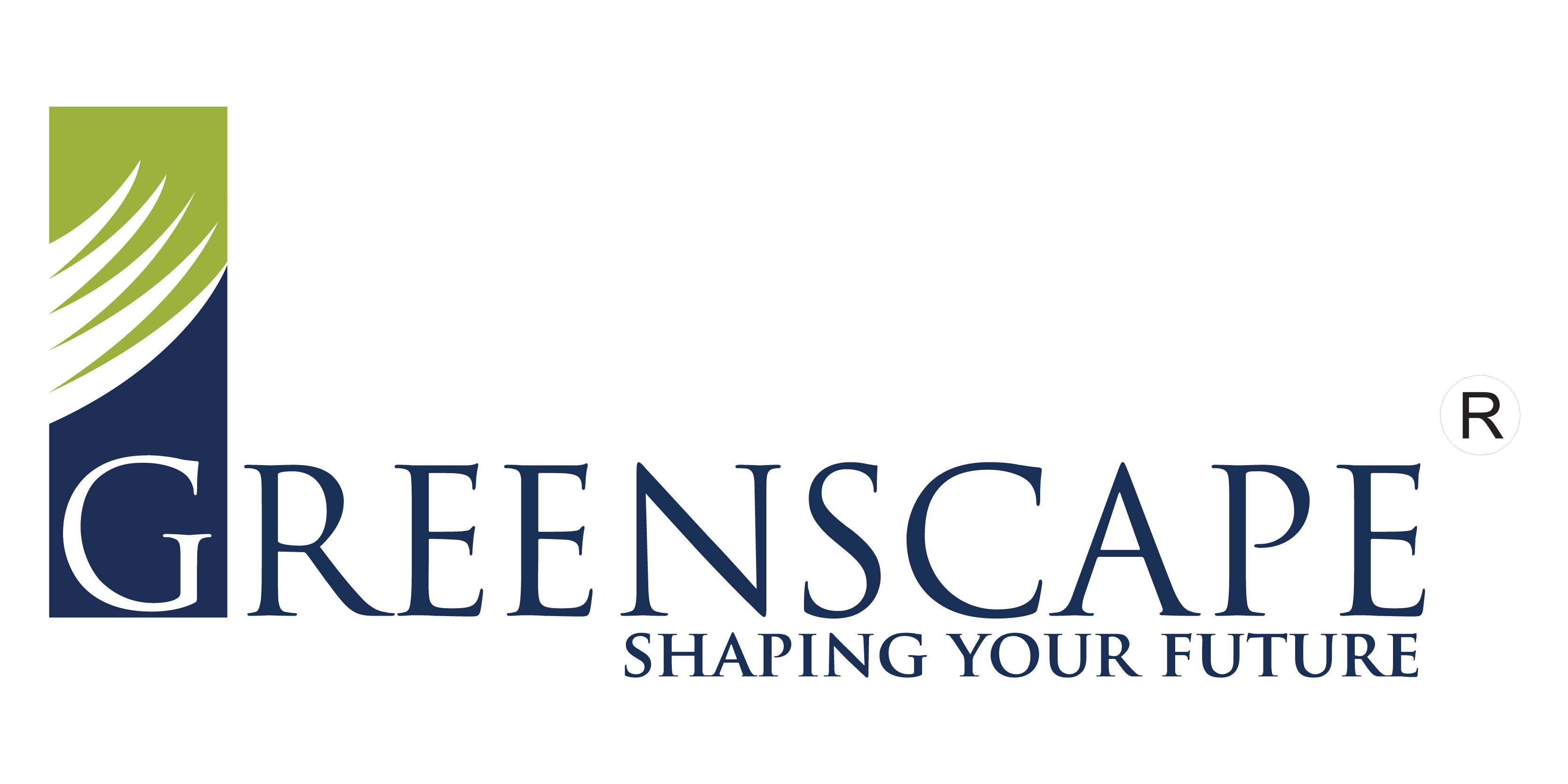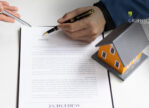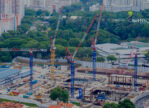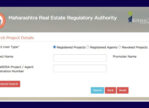10 Things To Look At Before Leasing A Commercial Property
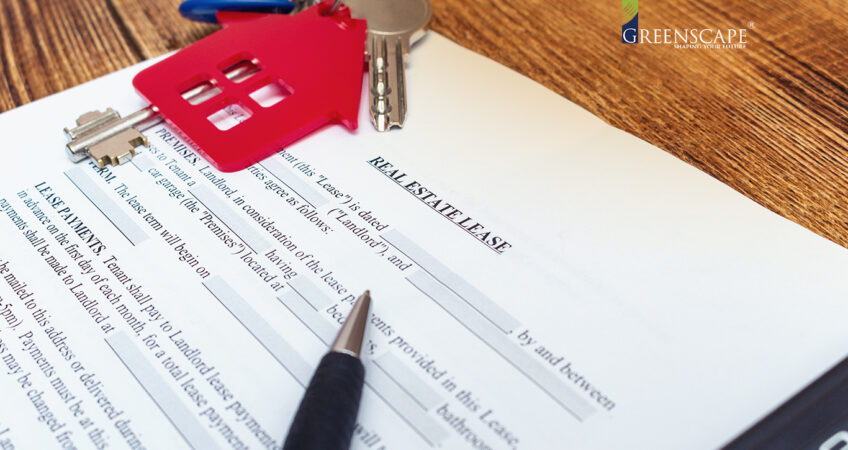
A commercial lease is one of the most important factors for businesses. Leasing commercial space differs from a residential lease. Whether you need space for office, retail, or industrial buildings for your business, commercial properties have their own issues. These issues should be addressed beforehand to ensure a smooth run and growth of your business without unreasonable restrictions or interruptions from the property owner.
A well-negotiated commercial lease will help you to avoid any problems or at least put you in the best position. In general, any type of investment in real estate is tricky. This type of investment in real estate should be carried out with proper research and study in order to avoid any foul game.
10 THINGS TO KEEP IN MIND BEFORE TAKING THE LEASE OF A COMMERCIAL PROPERTY
Detailed Research With Time
Research is the key to getting the best property. First, you need to find a location suitable for your needs. To choose a location you need to see a centrally located place from where you, your employees can commute easily. It mustn’t take long to reach the market. You should get transportation facilities, raw materials for your products and a good market around.
Another key point to consider is the cost. You need to fix a budget and then search for the best available options. Excessively high prices won’t help you in the long run. You need to sustain your business and property.
Hire An Experienced Real Estate Agent
Hiring an agent who is experienced in commercial real estate can make your task easier. It is not only to help you find a location and a good deal but more importantly it is to advise you on the lease negotiations. Leasing a commercial property and its terms and conditions can be gruelling and costly if you don’t have experience in this. A specialised agent can guide you through it, telling you the pros and cons of the deal and can give you a detailed analysis of the legal document.
Rules For Business Rentals
There are separate rules for commercial leases and they are very much different from that of residential leases. When renting residential properties, you have certain rights and set costs. But for commercial/business rentals it is not so fixed. Commercial landlords will often be found to quote one price for the actual property and then start to pile on additional fees such as landscape services, garbage pickup, security, housekeeping, etc. These are usually termed as TMIs – Taxes, Maintenance & Insurance. Along with these, there are hidden clauses of change of rents as per the landlords, written somewhere on the lease documents too. So it is advisable to know the rules and then sign the deed.
Negotiation Is The Key
Accepting the landlord’s first offered rental terms is a complete no-no. You have to try to negotiate on the price or for other concessions, such as facility costs, hidden costs, and TMIs. Keep a note that no matter how much you are in need of the property, be willing to walk away if your terms are not met. Make your landlord understand this from the beginning. You will be negotiating from a place of strength if you show self-control and maturity.
First Right of Refusal
Before leasing any commercial property, keep in mind to get your first right of refusal. For example, if your landlord decides to sell the property without prior notification, you should have the right to refuse first. Your landlord might wish to expand a portion for lease or sale. In that case, also you should have the right to refuse till your term ends.
Discuss With A Good Lawyer
Signing a wrong commercial lease document can cause havoc loss. Just like any other legal contract, you should never sign a property lease until the document has been scrutinised and approved by your lawyer. Your lawyer works for you and is paid to make sure your best interests and that of your company. So always consult with your own lawyer before leasing a commercial property as it’s a huge investment in real estate too.
Rights & Responsibilities
As a tenant, there will be some rights and responsibilities that will be mentioned clearly in the lease document. You need to read it thoroughly, understand your rights and responsibilities and then agree to sign the document. As responsibilities, you might be asked to keep the premises in proper condition and you have to take proper care of it. There might be some clauses imposed on you. You need to see which rights you have so that you can carry out your responsibilities without any confusion. Repair works, a new implementation of equipment and things like this needs to be sorted beforehand.
Default & Termination Clauses
It will be mentioned in the contract what happens at the end of the lease. It will also outline the process that must be carried out in case of any default on the tenant’s payments and will therefore impose a dispute resolution process to be undertaken. Besides this, the agreement will also outline how and when the landlord can cancel the lease.
Outgoings & Security Deposits
Outgoings are usually the costs that you have to pay other than just the rent. This is likely to include utility bills, like, water, electricity, gas and internet costs. You need to check the agreement properly to know what all costs are mentioned in the document.
Insurance
Commercial leases usually require tenants to opt for insurance. This is because of their use of the premises. For example, a commercial lease for a retailer might require them to take out a certain level of public liability insurance. This is needed to be done in case an individual injures themselves on the premises. Requirements like this will be set out in the lease document.
Keep these points in mind to find the best commercial property and lease deal for your company. We will be back with another topic soon. Stay tight to the space.
Also, read our article on “What are the benefits of investing in commercial real estate?“
